IRef & BIRD to help banks standardise data reporting

Data collection is a tiresome and costly process for any bank. To minimize the trouble connected with reporting and delivering high-quality data to relevant institutions, the European System of Central Banks (ESBC) and its Statistics Committee (STC) are standardizing banks’ data reporting. Therefore, the ESBC decided to implement Integrated Reporting Framework (IReF) and support the initiative of Banks’ Integrated Reporting Dictionary (BIRD).
What is the Integrated Reporting Framework?
The Integrated Reporting Framework (IReF) is an initiative designed to create a single standardized reporting framework for banks across the euro area. It might also be integrated with authorities in EU Member States, which use different currencies.
The main areas of concern for the IReF are ECB’s requirements and how they relate to banks’ balance sheet and interest rate statistics, as well as granular credit data and securities holdings statistics. What is also important is that data collection and transformation processes are also planned to be standardized.
Apart from the IReF, the ECB is also planning to establish a reporting committee. This new body will be comprised of representatives of various European authorities and the banking industry. This committee aims to help with new standards integration and support data sharing across the industry.
Modern regulatory requirements impose extremely strict rules on certain institutions. Not following these rules can result in costly fines. Companies that decide to invest in RegTech solutions therefore expect lowered operational costs in terms of regulatory compliance.
How can the IReF help banks?
The ever-changing data reporting landscape is still causing challenges for financial institutions. By integrating current statistical requirements with IReF, the ECB wants to aid banks in their reporting obligations. Standardization can help minimize reporting compliance impact, reduce redundancies, overlaps, and improve the overall quality of data.
Another huge benefit is data processing automation, which will enhance the speed of this process. The IReF also intends to reduce the cost of upcoming changes. Banks conducting their operations in different countries will be the biggest winners, as the integration will bring standardized reporting not bound by borders. The improved comparability of data, data quality and collection will benefit statistical compilers.
What is the Banks’ Integrated Reporting Dictionary?
The Banks’ Integrated Reporting Dictionary (BIRD) is an integrated reporting dictionary, developed by the ESCB together with the banking sector. The aim of this dictionary is to provide banks with the latest information on statistical and supervisory reports. It is an open source, available to any institution which wants to take part in the BIRD.
Harmonized data dictionary and data model is crucial for BIRD’s functionality, which enables banks’ internal IT infrastructure to create reports for the authorities. BIRD also provides transformation rules for extracted data.
All the BIRD tasks are conducted by an Expert Group, which is comprised of the ECB, national central banks as well as commercial banks, and coordinated by the ECB itself. The analysis of reporting requirements and regulatory change is done collaboratively, so that the banks can cooperate and coordinate their data and reporting process.
Why should we choose the BIRD?
The BIRD works as an integrated dictionary. It means that banks do not have to go through the gruesome task of determining the data source they should use. Right now, when a new framework is introduced, banks must interpret it on their own, extract data from internal sources, and finally work on that data to meet the regulatory requirements. The BIRD makes that process clearer and more structured.
Serving as a “public good,” the BIRD is a free to use solution, which can be obtained by anyone interested in participating in the project. Banks can choose to receive additional documentation about regulations and guidelines or use the BIRD as a proper dictionary for their procedures. What needs to be said clearly is that the implementation of the BIRD is entirely up to the interested parties.
We process your data in order to contact you and handle the matter being the subject of your message. The Controller of your personal data is BR-AG prosta spółka akcyjna (formerly Business Reporting – Advisory Group Sp. z o.o. – Sp.k.). Information about purpose and details of processing of your personal data by BR-AG, including your rights can be found in our Privacy Policy.


